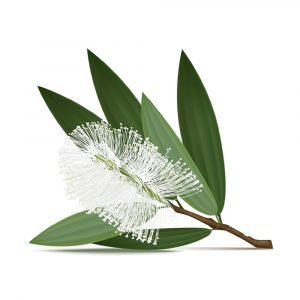20 pages excerpted from Berkowsky’s Synthesis Materia Medica/Spiritualis of Essential Oils.
Black Pepper Materia Medica
$5.00
Black pepper has been used in herbal medicine for thousands of years and is considered to exert the following therapeutic actions: stimulant; tonic; diaphoretic [stimulates sweating]; carminative [expels gas]; febrifuge [reduces fever]; rubefacient [Upon local application, causes redness via stimulation of capillary dilation and activity which serves to relieve congestion and inflammation of deeper tissues.].
In ancient India, it was used primarily to treat liver and urinary disorders. The herb stimulates the thermal receptors, salivary glands and stomach glands. It also influences liver function and metabolism and exerts an insecticidal action. Black pepper should not be prepared as a tea, because heating changes its molecular structure and renders it an irritant to the kidneys, liver and gall bladder. Also, black pepper should always be ground fresh from peppercorns as commercial ground black pepper is generally adulterated with preservatives and chemicals which discourage pest infestation. In small doses, black pepper warms and stimulates the stomach and quickens blood circulation. Excessive doses of black pepper may cause a burning sensation in the digestive tract, marked thirst, vomiting, fever and even convulsions. Large doses also increase kidney activity and irritate the urinary tract.
Download this chapter to learn more about BLACK PEPPER—Piper Nigrum.




